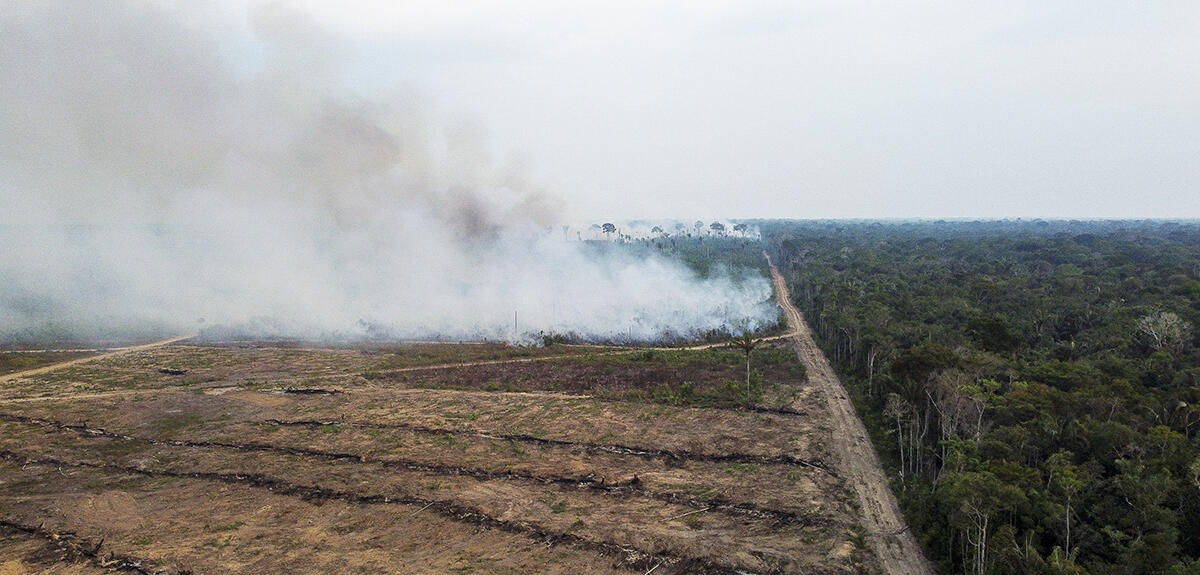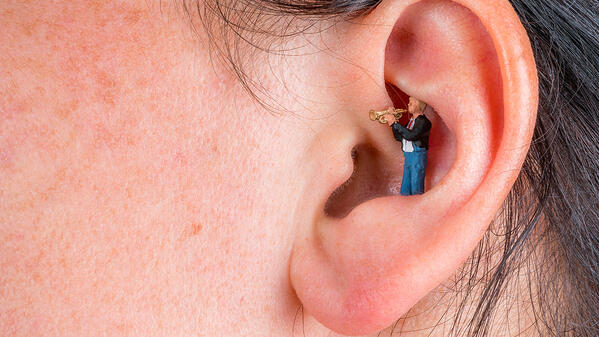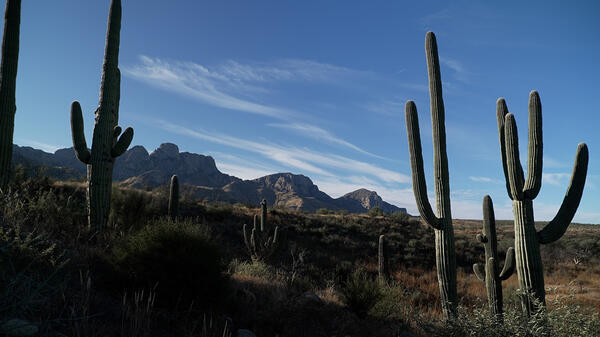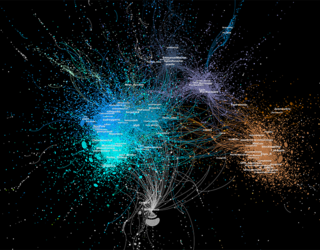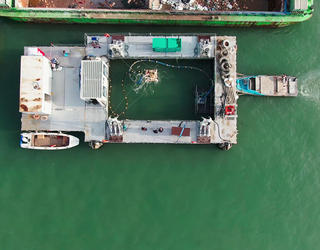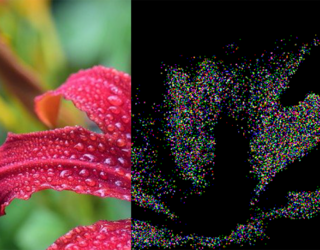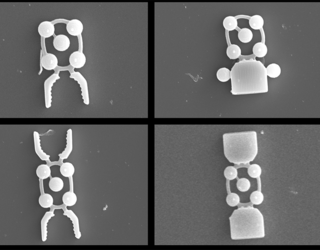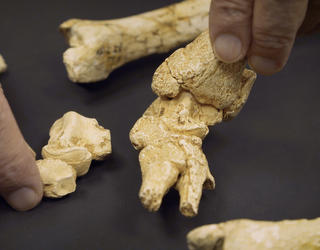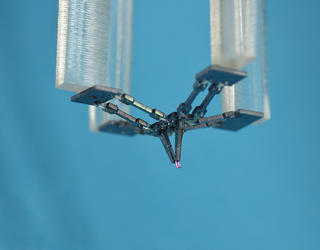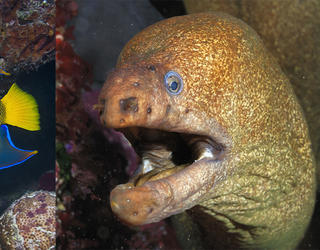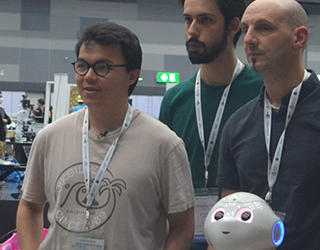On our planet, everything is interconnected, from terrestrial and marine ecosystems and biodiversity to ice sheets, rivers and oceans. But a recent report reveals that the dynamics of these different systems is being destabilised by human activities to such an extent that they are reaching points...
Article
04.18.2024
Research on tinnitus, a recent investigative field, is now enabling a clearer understanding of the causes and effects of this symptom that affects nearly eight million people in France.
Article
04.14.2024
The American Wild West, and especially Arizona, is not just cactuses, mountains and golden plains. Its dramatic landscapes are also audible. Anne Sourdril, a CNRS anthropologist, and her ecologist colleague Luc Barbaro have recorded the sounds of this...
Video
04.15.2024
Our topics
03.13.2023
As part of the Climatoscope project, David Chavalarias and his colleagues are studying the structure, tactics and arguments of climate change sceptics on Twitter. The goal of these highly-organised...
Article
02.09.2023
Fog computing, which is based on reduced computing resources situated as close to users as possible, can avoid reliance on large data centres. This approach is particularly adapted to the Internet of...
01.26.2023
A CNRS research team is developing a computer program to calculate the risk of collision between a satellite and orbiting debris in real time.
Article
01.23.2023
Tested this year in Venice, the Maelstrom project's seabed cleaning platform uses a robot to recover marine litter. The robot is controlled by a system of cables and can operate down to a...
Article
10.24.2022
The combination of all the options offered by a software program can reach mind-boggling numbers, with several thousand digits. Research has developed tools to manage this variability as best as...
Article
10.20.2022
Less known than cryptography, steganography is another means of secretly sending a message by hiding it within other content. CNRS News investigates.
10.20.2022
Robots measuring a few dozen micrometres are now capable of grasping, pushing, and even “feeling” cells! These astounding micromachines, designed at the French Institute for Intelligent Systems and...
09.27.2022
How did Australopitecus, Homo habilis and our other ancestors or "cousins" walk? To find out, the biomechanists and computer scientists from the HoBis project are modelling the movements of humans...
Article
09.26.2022
It is an event that has shaken up the small world of robotics: a nanorobot named MiGriBot (Miniaturized Gripper Robot) just broke the world speed record for object manipulation. Behind this...
Article
09.13.2022
It is a genuine environmental problem: mobile applications seem to consume ever more energy. In Lille (northern France), the software science researcher Romain Rouvoy and his team are working to make...
08.18.2022
Researchers have trained an artificial intelligence (AI) system to assess the visual appeal of 2,400 species of coral reef fish and rockfish. The results show that the fish that we find “less...
Article
08.11.2022
The French RoboBreizh team won the main event at RoboCup 2022, the world's most prestigious robotics tournament. It was in the "@Home" category, which focuses on home help, that the...


